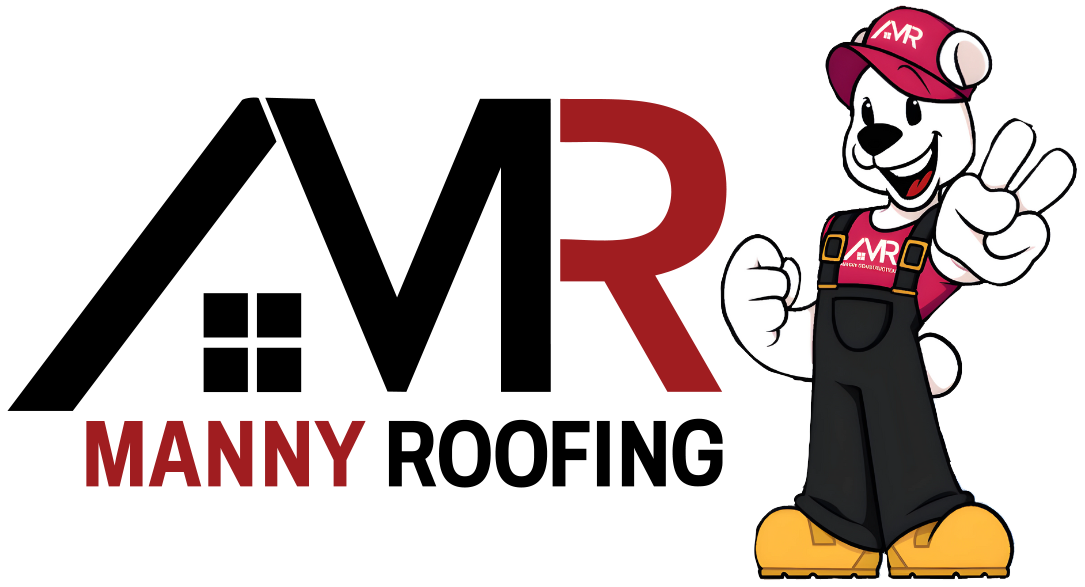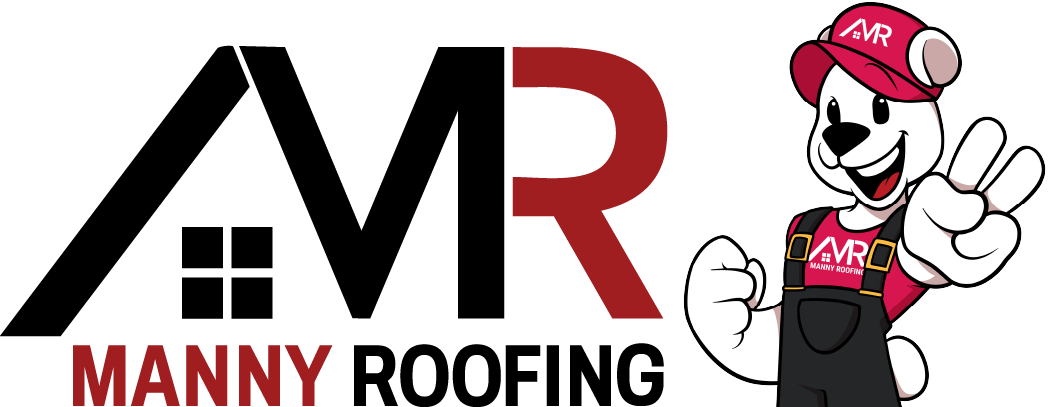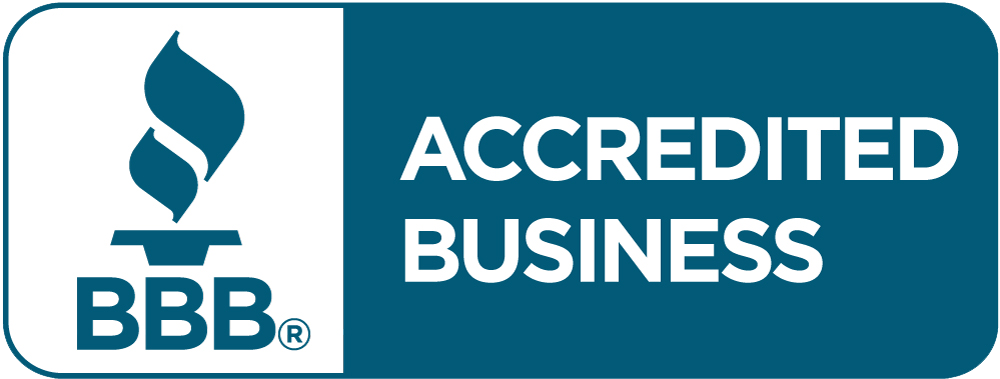Is Roof Repair a Capital Improvement?
When homeowners or property managers face the need for roof work, a common question arises: Is roof repair considered a capital improvement? Understanding the distinction is important not only for budgeting and financial planning but also for potential tax benefits. Let’s break down what qualifies as a capital improvement, how roof repairs fit into that category, and why it matters for Connecticut homeowners.
What Is a Capital Improvement?
A capital improvement is a permanent structural change or restoration of a property that enhances its value, prolongs its useful life, or adapts it to new uses. According to IRS guidelines and many state tax codes (including Connecticut), capital improvements:
- Add substantial value to the property.
- Prolong the property's useful life.
- Become part of the property or are permanently affixed.
Examples include new HVAC systems, building extensions, window replacements, and—you guessed it—certain types of roofing work.
Roof Repair vs. Roof Replacement
Not all roof work qualifies as a capital improvement. The key difference lies in repair versus replacement:
Roof Repair (Usually NOT a Capital Improvement):
- Fixing a leak
- Replacing a few shingles
- Minor flashing or sealant work
These tasks are typically considered maintenance, not capital improvements. They restore the roof to its original condition without enhancing or extending its useful life significantly.
Roof Replacement or Major Restoration (IS a Capital Improvement):
- Full tear-off and new roof installation
- Upgrading from asphalt to metal or other premium materials
- Structural improvements or re-framing
These types of jobs increase the value and extend the lifespan of your home, qualifying them as capital improvements.
Why It Matters for Homeowners
1. Tax Considerations
In Connecticut, capital improvements are often exempt from sales tax if they meet certain criteria. For instance, a full roof replacement may not be subject to sales tax, while a minor repair likely is. Additionally, capital improvements can increase your home's cost basis, reducing capital gains taxes when you sell your property.
2. Insurance and Appraisals
A new roof or major upgrade can raise the appraised value of your home and may lower insurance premiums due to improved durability and weather resistance.
3. Financing and Budgeting
If you're financing your project, lenders may view capital improvements more favorably than repairs, as they add to the home’s overall value.
What Manny Roofing Recommends
At Manny Roofing, we understand how confusing this topic can be. That’s why we offer transparent, no-pressure consultations to assess whether your roofing project may qualify as a capital improvement. As a GAF Master Elite® contractor with over 15 years of experience serving Connecticut, we’re committed to helping homeowners make smart, informed decisions. We’ll provide:
- Detailed estimates outlining the scope of work
- Help identifying potential tax advantages
- Guidance on upgrades that may improve your home’s resale value
Understanding If Roof Repair Qualifies as a Capital Improvement
Roof repair is typically not considered a capital improvement, as most routine fixes—like patching leaks or replacing a few shingles—are classified as maintenance. However, if you're investing in a full roof replacement or making substantial structural upgrades, those projects often qualify as capital improvements due to their impact on the property's value and longevity. Not sure where your project stands? Contact Manny Roofing—we’re here to walk you through every detail, from materials and warranties to tax considerations and thorough clean-up, all with the trusted service we're known for.




